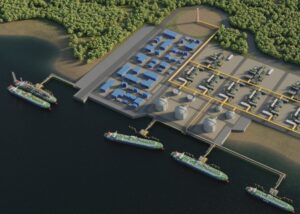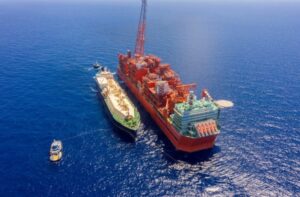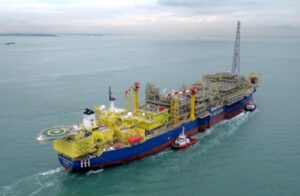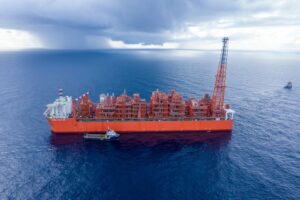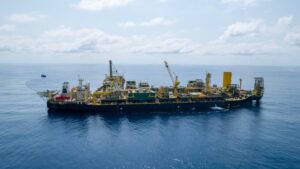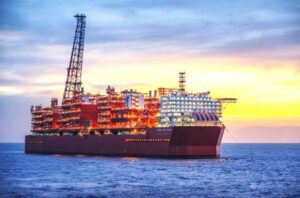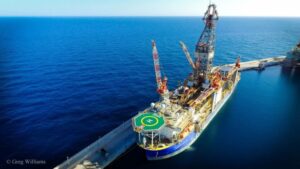Eni CEO: What we’ve discovered in Mozambique is massive (CERAweek 2015)

Claudio Descalzi, Chief Executive Officer of Italian oil company ENI, has revealed what is the most exciting region of the planet, when it comes to commercial success of his company, and the future of oil and gas supply.
Considering ENI operates around the globe, Dan Yergin, IHS Ceraweek vice chairman, asked Descalzi about what part of the world, when it comes to future supply of energy, was the most exciting for Eni.
“I can easily say Africa, because we found all our reserves there,” Descalzi said in response, during his keynote address at the IHS CERAweek energy conference in Houston on Wednesday, April 23, 2015.
With around 900,000 barrels per day, Africa represents more than 50 percent of the company’s total oil and gas production, according to data found on Eni’s website. And Eni has yet to develop its huge gas discoveries in Mozambique.
Putting things into perspective, Descalzi said that Eni’s massive gas discoveries in Mozambique, once developed, will be able to meet a hundred percent of Italy’s gas needs for a period of thirty years.
Asked to provide a progress update on Eni’s developments in Mozambique, Descalzi said that the final investment decision for a 2.5 million metric tons per year FLNG unit to be used for development of one of Eni’s gas discoveries in the country’s deep waters is expected in 2015.
Descalzi said that Eni was close to reaching a commercial agreement for the project with the authorities in Mozambique, saying that developing gas in the country is very attractive as the operational and E&P costs are low.
First gas shipment from that development is expected in 2020, Descalzi said.
Bright future ahead for natural gas
He said he believed in the bright future of natural gas, especially because gas is central to the effort of reducing and controlling fossil fuels emissions.
Descalzi added that that the Middle East and the U.S. will lead the gas supply pack in the future, but he also said that Africa will be a significant source of supply for the world, and for the continent itself.
When it comes to Europe, Descalzi said that Europe needs to work towards diversification of its natural gas supply sources, as it is now being supplied only from the East (Russia) and from the North (Norway).
“When you have a commercial alternative you can negotiate a lower price,” Descalzi said.
He also pointed out the fact that the flows can only go for from the East to the West and from the North to the South, with no option for reverse flow.
He said he viewed the Mediterranean and North Africa as important sources of future natural gas supply for Europe, through hubs in Italy and Spain.
Offshore Energy Today Staff

